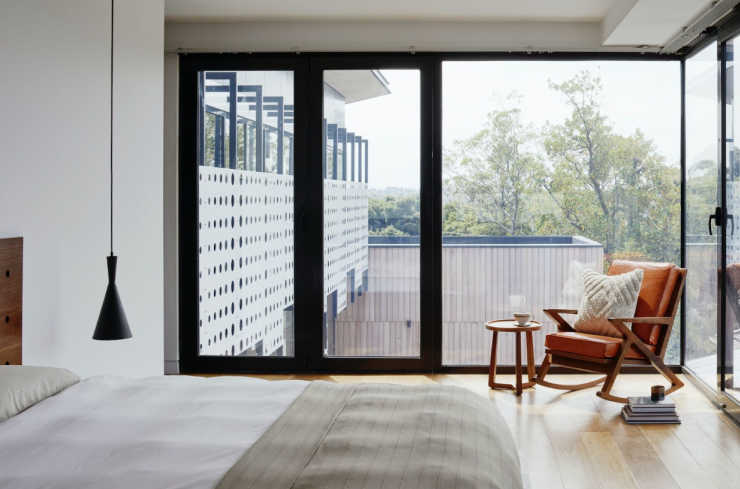Investing in a Rental Apartment: Tips, Considerations, and Advice
Investing in a Rental Apartment: Tips, Considerations, and Advice

Investing in a Rental Apartment: Tips, Considerations, and Advice
Guest Author: Emila Smith
Though rental estate seems like a lucrative source of passive income and a desirable form of extra money, the entire process of finding a property, renovating it, and renting it out (all while maintaining and handling its complexities) may often feel daunting and stressful.
This type of investment is usually done by above-average income holders as a 15 to 20% down payment is required initially to purchase the property, and you won’t typically see university students in this type of business. Let alone the maintenance and upkeep costs and the constant running around.
A landlord must know how landlord-tenant relations work and the legalities attached to them.
One could hire a property manager, but that would ultimately decrease revenue and decrease the profit margins.
That’s why this article will provide the right tips and advice to those who want to establish themselves as a landlord.
Benefits of real estate investment
Let’s have a look at some of the main benefits of investing in real estate.
- It’s a lucrative source of passive income which you can earn while working a regular job or with any other business venture
- Real estate assets appreciate, and value is added over time
- Once gotten the hang of and upon gaining proper knowledge, not much effort is needed
Location is key
Location is one of the tenants’ most important factors when choosing what property to rent and how much they are willing to pay. For example, a real estate property located close to corporate offices, in a district with a relatively low crime rate and a city with a reliable public transport system, is not only a profitable rental investment but also has the potential for it to be sold for a higher price in the future.
The proximity of restaurants, cafés, parks, and cinemas can also affect the rent your future tenants will be willing to pay. The same goes for schools and a good community setting. You should also take into account the different property taxes in each state.
Find the right financing option
Not all investors can purchase property upfront on cash payment. Luckily, there is the option to apply for a mortgage. However, this financing option comes with some prerequisites that the potential landlord must meet.
Here are some of the main requirements to be held eligible for a mortgage.
- Down payment – When it comes to investing and holding property for rental/lease purposes, the down payment is usually 15% to 20% because of its commercial use.
- Debt-to-income ratio – There must be a sufficient amount of income that can be put towards the payment of debt.
- Credit score – Typically, a higher credit score means a higher chance your mortgage application will be accepted.
Invest in Physical Security
When investing in a real estate property, you need to ensure your asset is protected from multiple threats, including burglary, vandalism, and natural disasters.
Investing in effective physical security measures can also make your property more attractive to potential tenants.
Video security is one of the most important components of a physical security strategy.
Nowadays, multiple video monitoring systems are available for different types of properties, from multi-family residential security camera solutions to technologies aimed at boosting video security in properties with large outdoor areas.
Other physical security measures you should consider installing in your apartment include RFID access control solutions, smart alarms, fire detectors, and carbon monoxide detectors.
Include the right amenities
To make the property appealing and add value to the estate, you can add amenities and solutions that improve the tenant’s quality of life. The following is a list of all desirable amenities a property should have.
- High-speed internet – Fast internet can make your property more attractive as tenants won’t have to worry about all the procedures needed to install internet independently.
- Walk-in wardrobe – This amenity can provide extra space for tenants and make it easier to access their clothes and personal belongings.
- Soundproof walls – Most tenants want their home to be a place of peace and relaxation. Soundproof walls can reduce the amount of noise coming from outside of the house and make the property more attractive to those who are looking for a place to rent.
- In-unit washer and dryer – Not having to buy and install a new washer and dryer can be a great plus from the tenants’ perspective and increase their interest in the property.
Understand Rental law
While many relationships between landlords and tenants tend to be successful, others end up in never-ending clashes due to issues such as late payments, maintenance, or noise.
Therefore, it’s crucial for landlords to be fully aware of their rights as well as those of the tenant.
Understanding rental laws (and how it changes from state to state) is therefore crucial for landlords who don’t want to find themselves in difficult legal scenarios.



